New HMRC Advisory Fuel Rates from June 1 increased
HMRC has published new Advisory Fuel Rates (AFRs) effective from Wednesday (June 1) for company car drivers claiming back fuel costs from their employer.
The fuel reimbursement rates have been increased by up to 3p per mile (ppm) to reflect record pump prices.
The increase in AFRs comes after the last change in March left employees short-changed within days of being published, having been set before pump prices reached a record high that month.
The average price of a litre of unleaded fuel was, on average, 14% more than the figure used by the Government to set its previous rates, for example.
A litre of diesel had surged even higher, driven in part by the Russian invasion of Ukraine, with forecourts charging 19% more than the pence per litre (ppl) cost employed by the Government department for March's AFRs.
This time around, those record pump prices have been reflected in the new AFRs.
For full details on changes to AFRs, click here.
Volkswagen Group agrees £193m settlement for dieselgate claimants
The Volkswagen Group has reached an out of court settlement with claimants in a class action lawsuit following the dieselgate emissions scandal.
A payout of £193 million has been agreed, which averages £2,120 for each of the 91,000 owners that joined the claim.
No admissions in respect of liability, causation or loss have been made by any of the defendants, however, an apology statement on the part of the VW Group has been issued.
The statement said: "The Volkswagen Group would, once again, like to take this opportunity to sincerely apologise to their customers for the two mode software installed in the EA189 vehicles. The Volkswagen Group will continue to work to rebuild the trust of their customers here in England & Wales. This settlement represents an important further stage in that process."
For more on the dieselgate claim, click here.
Kerbside electric vehicle charging map published by AFP
A map of the UK that shows where fleets need kerbside charge points close to the homes of company van drivers has been unveiled by the Association of Fleet Professionals (AFP).
It illustrates the kerbside charging needs of drivers employed by members of the trade association in order to adopt an electric vehicle (EV).
So far, the database contains 75,000 records and the map and statistics are aggregated to local authority level.
Paul Hollick, AFP chair, says that as businesses move to electrify their company vehicles ahead of the Government’s 2030 deadline, the high number of drivers without space available off-road to have a charger installed is a “major obstacle to electrification”.
For more on the kerbside charging map, click here.
Charging from lampposts ‘46% cheaper’ than on-the-road rapid charging
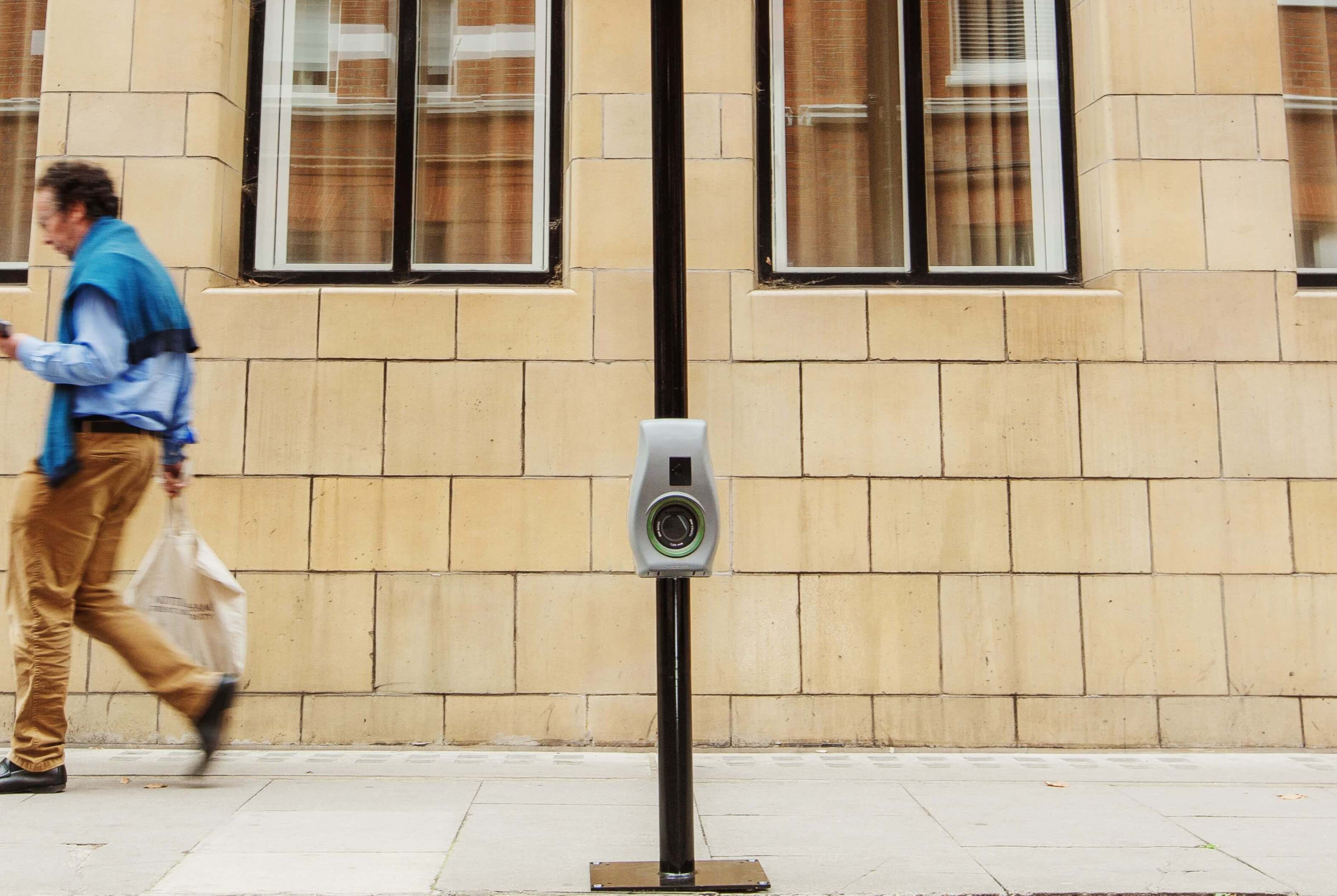
The number of on-street residential charge points funded by the Governments grant scheme currently stands at 2,641 with a further 8,415 approved but not yet installed, new figures suggest.
As of 1 April 2022, the data from the Department for Transport (DfT) shows that the On-Street Residential Chargepoint Scheme (ORCS) has funded 2,641 public charging devices, which have been installed local authorities in the UK.
It suggests that 603 on-street charging devices were installed after being claimed for by the local authorities in the previous three months, while funding has also been awarded for 8,415 additional ORCS charging devices to be installed in the future.
The AA is warning that the DfT’s target of 120,000 on-street chargers by 2030 could be missed if more isn’t done to help promote on-street charging.
It also says that charging from a lamppost is cheaper than a typical on-the-road rapid charge point, with costs as low as 24p/kWh compared to around 45p/kWh at a rapid charge point.
For more on the DfT charge point statistics, click here.
E-scooter casualties increase three-fold and nine deaths reported
Provisional road casualty statistics for 2021 show a huge increase in incidents involving e-scooters on Britain's roads, while overall deaths and injuries were also up.
The new figures, from the Department of Transport (DfT), show that there were 1,280 collisions involving e-scooters, compared to 460 in 2020.
Of all collisions involving e-scooters, 309 included only one e-scooter with no other vehicles involved in the collision, compared to 83 in 2020.
In terms of casualties from collisions involving e-scooters, there were 1,359 compared to 484 in 2020, and of all casualties in collisions involving e-scooters, 1,034 were e-scooter users, compared to 384 in 2020.
There were also nine people killed in collisions involving e-scooters (all of whom were e-scooter riders) compared to 1 in 2020.
More on the latest road casualty statistics.
To receive the latest industry news from Fleet News, sign-up to our daily or our weekly newsletter.
You are able to unsubscribe at any time via links at the bottom of each email, or through your 'My account' area.

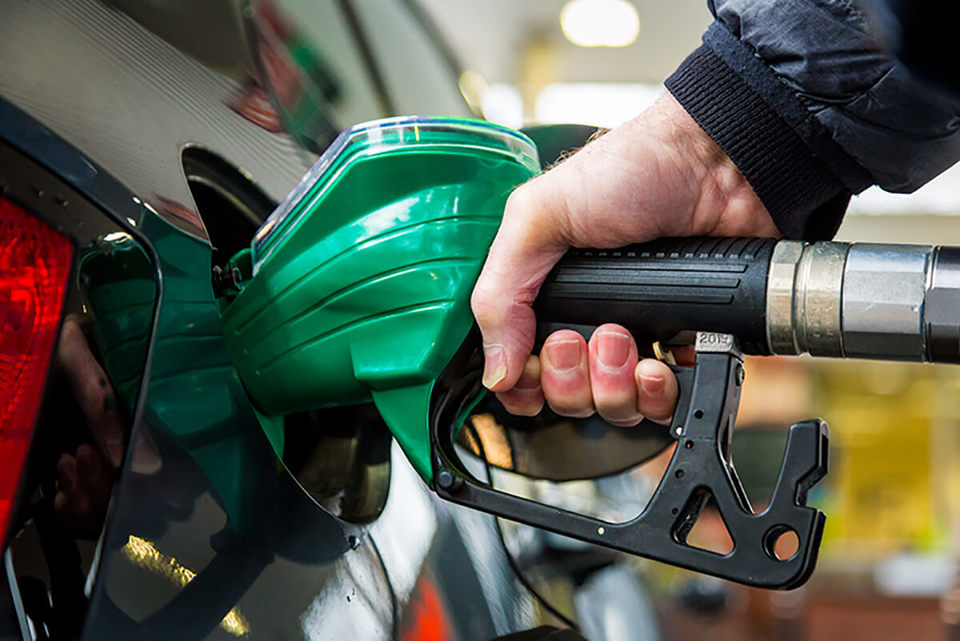




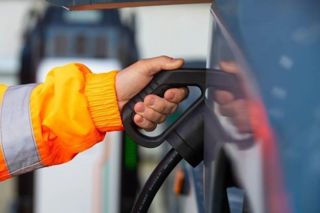
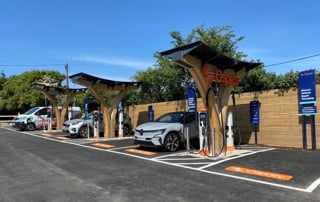

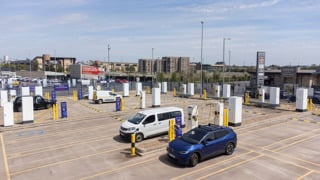
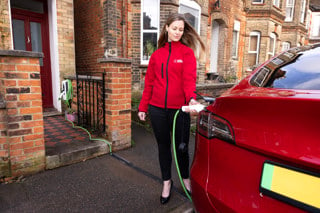











Login to comment
Comments
No comments have been made yet.